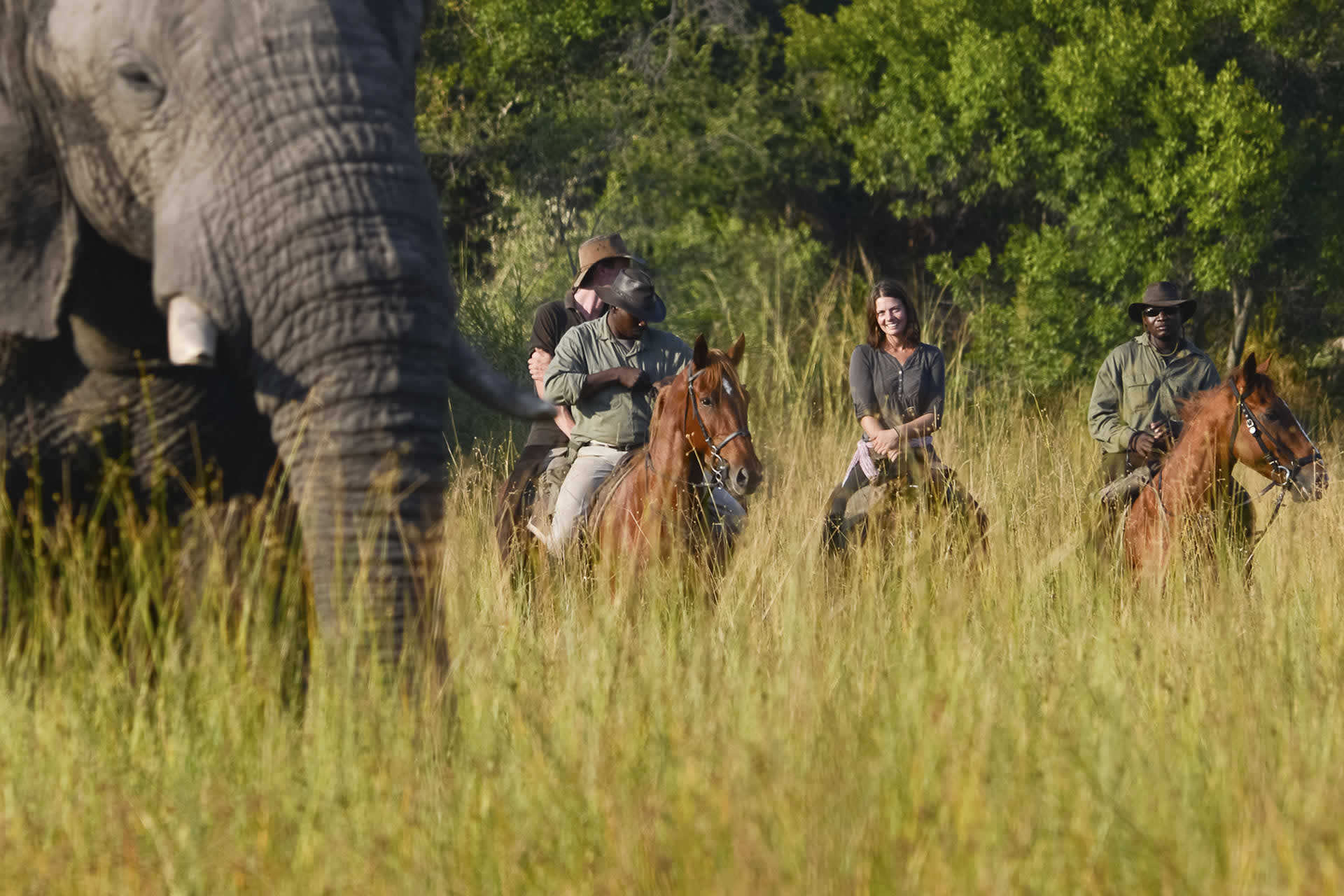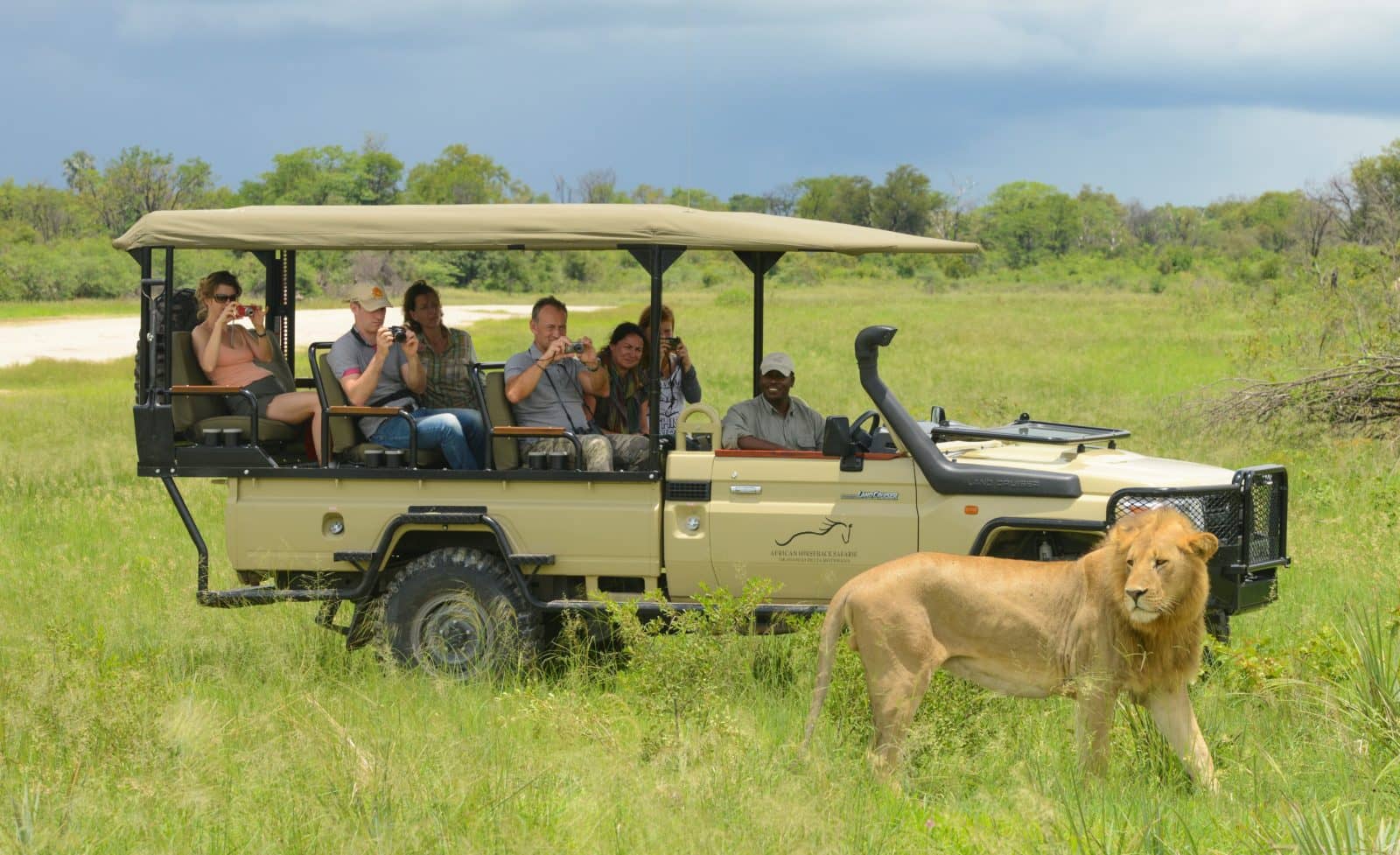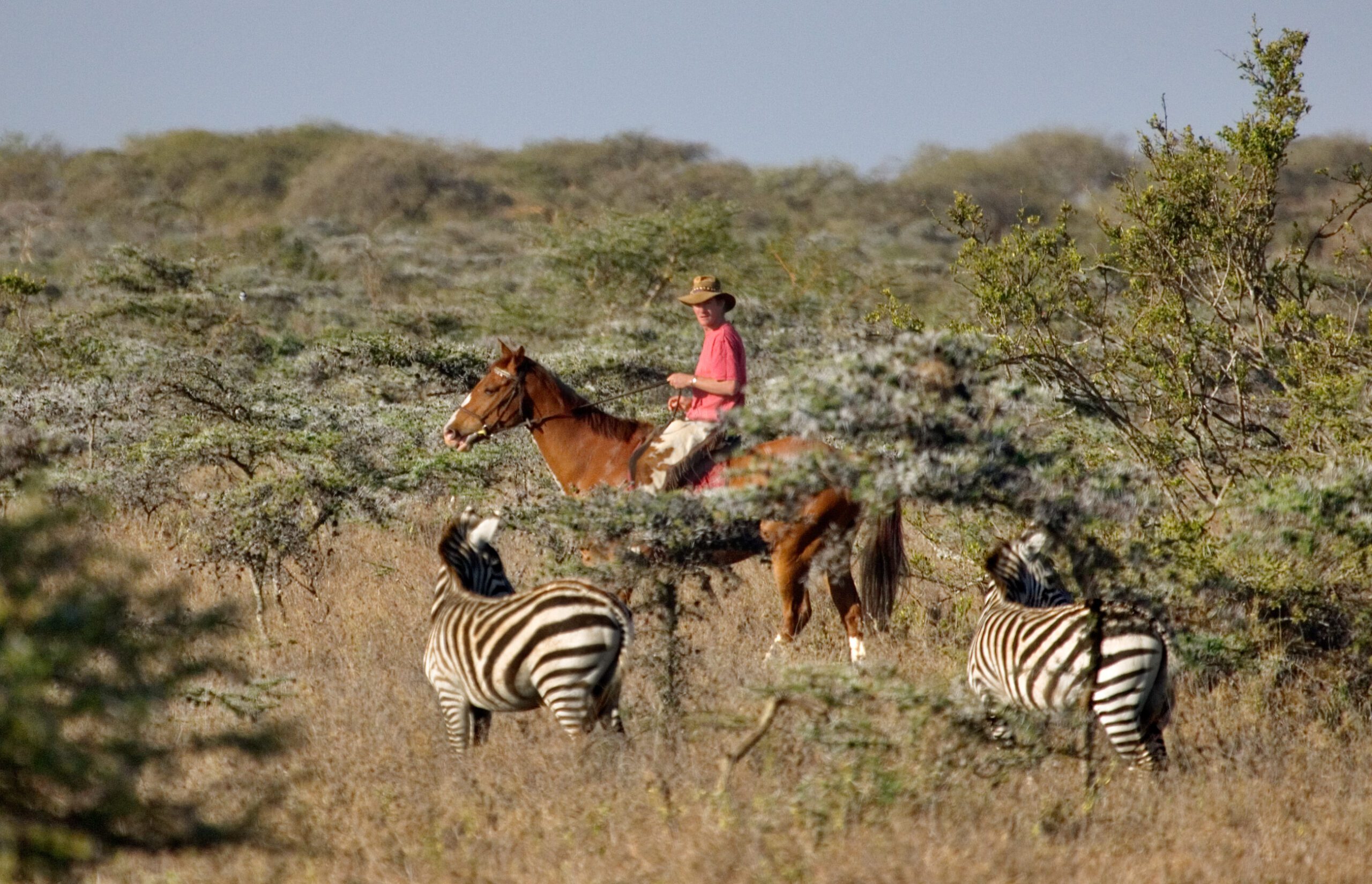The Ultimate Guide to Planning a Horseback Safari

Embarking on a horseback safari is a thrilling way to explore the wilderness, combining the adventure of horseback riding with the excitement of wildlife viewing. This guide will walk you through everything you need to know to plan an unforgettable horseback safari experience.
Why Choose a Horseback Safari?

- Close to Nature: Riding on horseback allows you to move quietly and get closer to wildlife without disturbing them.
- Unique Perspective: Experience the landscape from a higher vantage point and access areas that vehicles cannot reach.
- Physical Activity: Enjoy the benefits of outdoor exercise while exploring remote areas.
Planning Your Horseback Safari
| Step | Description |
|---|---|
| 1. Research Destinations | Identify regions known for horseback safaris, such as Kenya, South Africa, Botswana, or Namibia. Consider the type of wildlife and terrain you want to experience. |
| 2. Choose the Right Time | Select the best season for wildlife viewing and comfortable riding conditions. Dry seasons are often preferred for easier trail navigation and better animal sightings. |
| 3. Select a Reputable Operator | Look for companies with experienced guides, well-trained horses, and good safety records. Read reviews and ask for recommendations. |
| 4. Prepare Physically | Horseback safaris can be physically demanding. Engage in fitness routines focusing on core strength and balance before your trip. |
| 5. Pack Appropriately | Bring suitable riding gear, sun protection, insect repellent, and layered clothing for varying weather conditions. |
What to Expect on a Horseback Safari
- Daily Riding: Expect to ride several hours each day, covering diverse terrains like savannahs, forests, and riverbanks.
- Wildlife Encounters: Spot animals such as elephants, giraffes, zebras, and various bird species in their natural habitats.
- Camping or Lodging: Depending on the safari, accommodations may range from luxury lodges to rustic campsites.
- Cultural Experiences: Some safaris include visits to local communities, offering insights into traditional lifestyles.
Frequently Asked Questions (FAQ)
Q1: Do I need prior horseback riding experience?
A: While some safaris welcome beginners, having basic riding skills enhances safety and enjoyment.
Q2: Are horseback safaris safe?
A: Yes, when conducted by professional guides with well-trained horses, horseback safaris are generally safe.
Q3: What should I pack for a horseback safari?
A: Essentials include riding boots, helmet, comfortable clothing, sunscreen, insect repellent, and a camera.
Q4: Can children participate in horseback safaris?
A: Many operators have age restrictions; check with the provider to ensure suitability for younger riders.
Conclusion
Planning a horseback safari requires thoughtful preparation, but the reward is an immersive adventure that connects you deeply with nature and wildlife. By choosing the right destination, preparing physically, and packing smartly, you can ensure a safe and memorable journey.
Start your planning today and get ready to experience the wild like never before!
